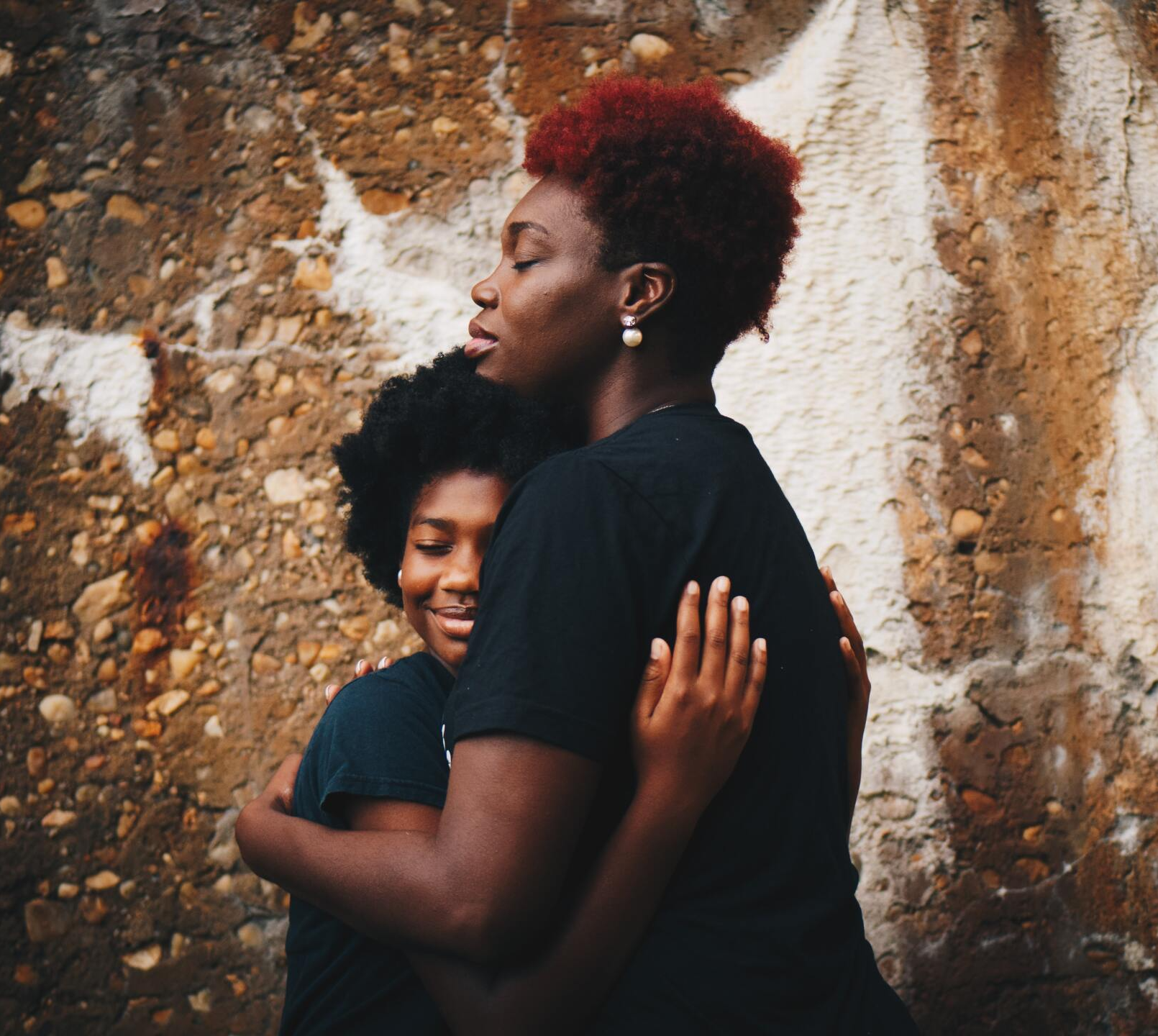Innocent Little Liars: Is Lying in Children a Blessing or a Curse?

Let’s talk about lying. The fear that rises in your body when you catch your kid lying or even twisting the truth. Your body fills up with air, your jaw clenches, and a “Don’t you dare lie to me!” comes out. We understand! Lying in children can be alarming, especially if we are focused on raising well-rounded kids with good values and a healthy moral compass.
Well, who doesn’t want smart children with various skills like problem-solving, sound decision-making, and good communication? Unfortunately, these aren’t just handed to us or our children. Their young brains undergo lots of changes, especially in their early years. Imagine being in the middle of a construction site. It is dangerous to be there, sometimes quite annoying, and definitely labor intensive. Still, if you are careful, once you are done, you will end up with this incredibly beautiful, sturdy building, and you will be so proud!
Before learning about child development, it was easy for me to categorize behaviors as good or bad rather than as developmentally appropriate or not. But after understanding the constant changes our children’s brains undergo, I’d be lying to say I wasn’t intrigued (pun intended!)
So This Begs The Question, Is Lying A Curse Or A Blessing in Disguise?
To answer this question, we must delve a little deeper into the brains of our little ones and understand why kids lie in the first place.
In the early stages of childhood, children are still developing their:
1. Cognitive Abilities
Our children’s brains are constantly developing along with their understanding of truth. As they grow, they start to do a better job of distinguishing between reality and fantasy. They also start better understanding the world around them and experiment with how their actions directly affect others' reactions to learn what is acceptable and what is not and better navigate their environment.
2. Social Skills
Lying might arise as a way of coping in certain situations—whether with peers or family members, your child might lie to fit in, avoid negative consequences, acquire something they want, or even avoid difficult situations they don’t know how to handle.
3. Empathy
As children’s sense of self emerges, they start to understand that they are separate from others. Slowly, their understanding of the impact of their actions – in this case, their lies – on those around them starts to develop.
4. Moral Compass
Our expectations of having candid young ones can sometimes be misplaced. Our children gradually, by experience, learn the importance and effects of lying on their relationships, how this can affect trust, and how it aligns with their moral values.
5. Autonomy
Nothing is more exciting for a child than experiencing autonomy. Being able to make decisions – whether right or wrong – fills a child’s bucket. Lying can sometimes be an expression of their independence or a way for them to exercise it.
Should We Punish Our Children For Lying?
The short answer is no, but we want to dive deeper into why punishment might not be the best solution for kids lying and might have the opposite desired result.
1. Punishment Teaches Fear
Punishing your child is a punitive measure that causes our children to constantly be afraid of making a wrong move instead of being comfortable with making mistakes and correcting them. Punishments for lying will only teach them to lie better next time so they can avoid getting caught.
2. You Lose the Opportunity of Teaching Values
Teaching opportunities present themselves when children make mistakes. They offer a window for us to communicate our values and how we react in certain situations. When your child lies, and you punish them, you lose the opportunity to teach them what TO DO and how to adopt family values.
3. You Don’t Understand the Underlying Reasons
Think of punishment as a painkiller; it gets rid of the pain but never addresses the underlying cause. While punishment WILL help you quickly get your child to stop lying, it might cause more serious problems.
4. You Miss Out on Connecting with Your Child
A slight shift of perspective can go a long way. Thinking of mistakes as an opportunity for connection with our children and letting them know that we will love them no matter what can be radical. This shift allows your child to be more receptive and want to do better. Remember, childre DO better when they FEEL better.
How Do You Deal With A Lying Child?
Luckily, based on understanding brain development, there are practical solutions that can help you gradually guide your child toward honesty.
1. Keep Your Calm
In the early stages, primarily until seven years of age, our children are incapable of emotional self-regulation and need a caregiver’s calm nervous system to help them co-regulate. That’s why staying calm will help them remain calm and more open to guidance.
2. Talk About It
Discussing what happened and using observations can help your child organize the narrative in their brain and help them see how their actions are considered lying and how they can better adjust towards telling the truth.
3. Let Them Know the Consequences
Understanding the natural consequences of lying can also be helpful for children. They will gradually learn how their lies affect them and those around them.
4. Practice What You Preach
Modeling is THE BEST WAY to teach your children. Your child’s brain operates on THETA waves in the first seven years, which means their brain absorbs their environments and learns what they see. They will monitor how you talk, act, and react. As they grow, what they observe will become part of their identity.
5. Reward to Rewire
What you focus on grows. Acknowledging and praising truth-telling will help reinforce and strengthen the connections in your child’s brain. Doing that will help rewire your child’s brain, to tell the truth instead of lying instinctively.
6. Reinforce with Skills
Teaching your child skills, such as problem-solving and decision-making, can be particularly helpful in helping them navigate tough situations. You can teach them by discussing alternatives for lying that can be acceptable for both of you and align with your family values.
Lying can present lots of opportunities for development, growth, and connection. And while it can be frustrating at times to deal with such challenges, it is helpful to note that most parenting challenges require patience.
Our children are like sports competitors; they require many years of training to achieve astonishing results. It can also be helpful to be aware that we can often hold our children to higher standards than we do with ourselves.
Expecting them never to lie sets unreasonable expectations and guarantees disappointment. We all make mistakes and poor choices at certain points in our lives, and allowing our children to do the same is ok.
Related Articles and Resources:
Meet Your Author, Tasneem Abdelhamid
Tasneem is a Jai Certified Parent Coach, Design Manager, and writer for the Jai Institute for Parenting. As a mom of two little ones, she travels the world through her designs and writing. Nothing brings her joy more than spending time with her family and knowing that she is changing the world one parenting moment at a time.
READ MORE:
Curious for more?














